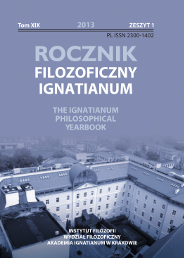
We kindly inform you that, as long as the subject affiliation of our 300.000+ articles is in progress, you might get unsufficient or no results on your third level or second level search. In this case, please broaden your search criteria.

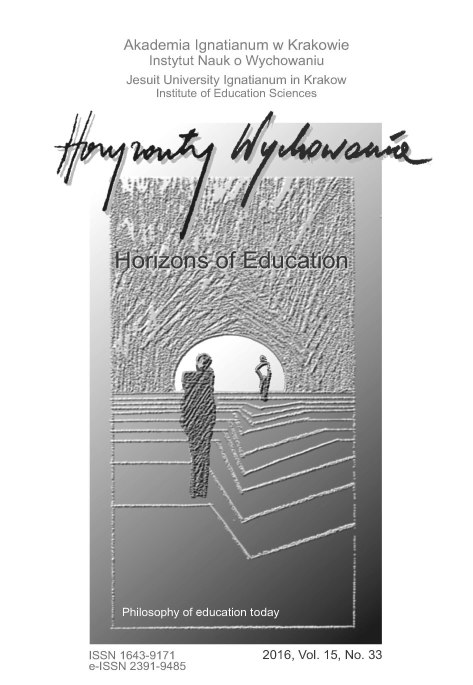
Research objective: The aim of the paper is to go into some questionable matters pertaining to “Bildung” and especially religious “Bildung”, and question their political implications. The research problem and methodology: Developments in society, especially o economical developments have a great influence to the area of “Bildung” as well as to the area of religious “Bildung”. Current concepts should be analysed. Reflections in philosophy of education and in religious education help to work out the failure of current developments. The process of argumentation: The paper starts with the question about how the concept of “Bildung” occurs in current discourses. Afterwards alternative models of “Bildung” and religious “Bildung” are discussed. It is then put into questions which intentions and implications prevailing concepts contain, who and what they disregard and how they collaborate towards the reproduction of social injustice and processes of exclusion. Research results: Religious “Bildung” as a part of general education is effected by societal developments and has to be aware of that. Presuppositions of Religious Education and Didactic of Religion has to scrutinize themselves if and in what way they do possibly promote injustice and which conclusions for future concepts could be drawn. Conclusions, innovation and recommendations: “Bildung”, especially religious “Bildung” are challenged by societal developments, e.g. migration, but should not just adapt to political or o economical desires. Rather they should not waive for their normative requirements so that they can question for social injustice in the societal developments as well as in their own concepts.
More...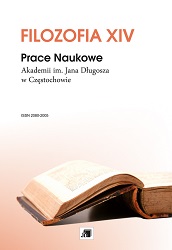
The article presents the approximate condition of the philosophy in Poland. The article consist of three parts. In the first part are discussed preliminary remarks (literature of the problem, institutional determinants, polish philosophical language, the criteria for separating of the Polish philosophy). The main discussed problems in second part are: main trends of the Polish philosophy (socio-political philosophy, polish humanism, the philosophy of natural sciences, philosophy connected with religion and formal logic). In the third part presents the tradition adapting the ideas of the European philosophical culture onto the Polish ground.
More...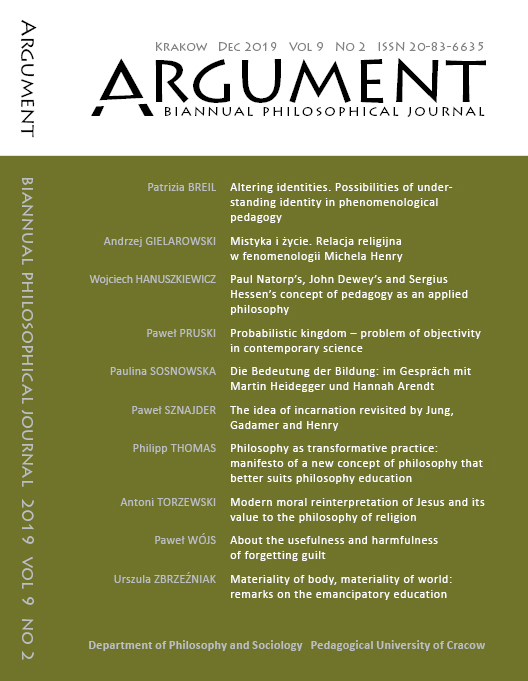
Paul Natorp, John Dewey and Sergius Hessen are usually considered to represent three different philosophical and pedagogical doctrines developed at the turn of the Twentieth century. These are, respectively: neo‑Kantianism, pragmatism and humanistic pedagogy widely rooted in Wilhelm Dilthey’s philosophy. Contrary to this common classification, Hessen himself described his own concept of pedagogy as an applied philosophy as a continuation of Natorp’s thought. However, Hessen also noted that an approach very similar to his one can be found (with some restrictions) in John Dewey’s theory. In this case, the fundamental issue is to determine the relationship between philosophy and pedagogical theory and practise. The main part of this article will identify the specificity of this relationship: the specificity implied by the concept of pedagogy understood as applied philosophy. The concept of pedagogy, understood as an applied philosophy in its theoretical and practical aspects, is the basis for critical reconstruction of social life in general. It is the opinion shared by all three philosophers that this type of reconstruction should be based on the communal dimension of basic social interactions, that is, on the communal dimension of work. The only way for the renewal of a different form of social life leads through regaining through them an essential communal dimension of human work. All three authors agreed that to regain the communal dimension of human work by another form of social interaction would only be possible when certain conditions are present; that is, when work will be permeated by individual creativity. The presence of such conditions shall be ensured by the educational community. Thus, the educational community should be a starting and end point for any critical social reconstruction as well as for the pedagogy understood as an applied philosophy.
More...
The review of: Małgorzata Przanowska, Listening and acuological education; Warszawa: Wydawnictwa Uniwersytetu Warszawskiego, 2019, 306 pp. ISBN 978–83–235–3735–9, softcover
More...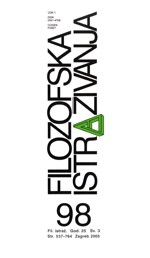
The article is an expanded critical evaluation of a book Sudbina odabranih. Eugeničko nasljeđe u vrijeme genske tehnologije (The Fate of the Chosen: Eugenics’ Heritage in the Age of Gene Technology) by Darko Polšek. Taking into consideration that the author of the book a priori approves the idea of laissez-faire eugenics, i.e. of non-interventions into eugenics by the State, as his departure point, which means that total freedom of individual choice and decisions conceming the issues of birth, children and the quality of life - has been predicted, the author of the article tries to point out some unacceptable epistemological and ethical theses of such an approach to eugenics’ praxis. Namely, the author of the article demonstrates that the book does not offer convincing arguments, which should epistemologically, anthropologically, and, as a consequence, ethically, prove the main difference between the praxis of classical, so called, »rightist eugenics«, on one hand, and, so called, »new«, »private« or »leftist eugenics», on the other hand. In the article, the contents and the ideas of the book were followed. The author of the article makes efforts to mediate the main theses of the book, but sticking to its abovementioned defficiences, this results in critical examination and challenges to the book’s author visionary basic theses of laissez-faire eugenics.That fact, however, does not underestimate the value of the book as a pioneering work in Croatian language on eugenics, i.e. on libertarian concept of eugenics, and demands also significant intellectual and spiritual courage. According to the author of the article, in the context of libertarian concept, however, we have to deal with the certain praxis which transcends the border of specifically human and enters the spheres of in-human.
More...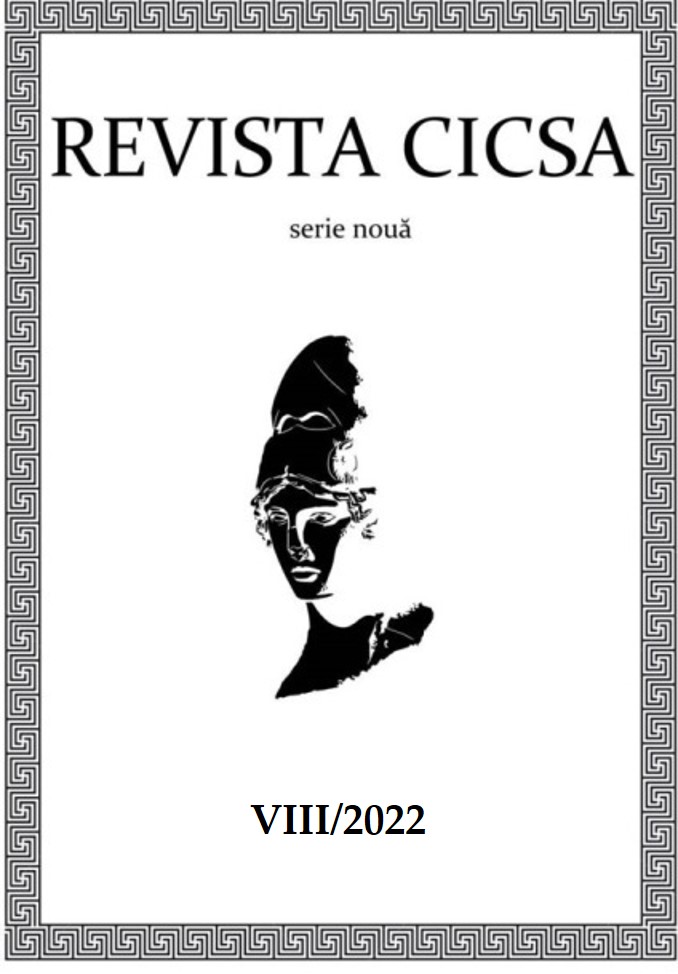
This paper aims at unveiling why and how was possible, during the 6th century AD that the Greek ancient spherical vision of the universe could have been replaced for a while by a cubic/rectangular vision. We will refer to Cosmas Indicopleustes’ work Christian Topography which was written by 550-552 AD. Our paper has two parts: a first one shortly refers to the spherical form of the universe theorized by the ancient Greek philosophers and a second part, more extended, is centred on Cosmas’ theory of the rectangular/cubic form of the universe. Cosmas Indicopleustes’ work is Christian Topography and it was written by 550-552 AD.
More...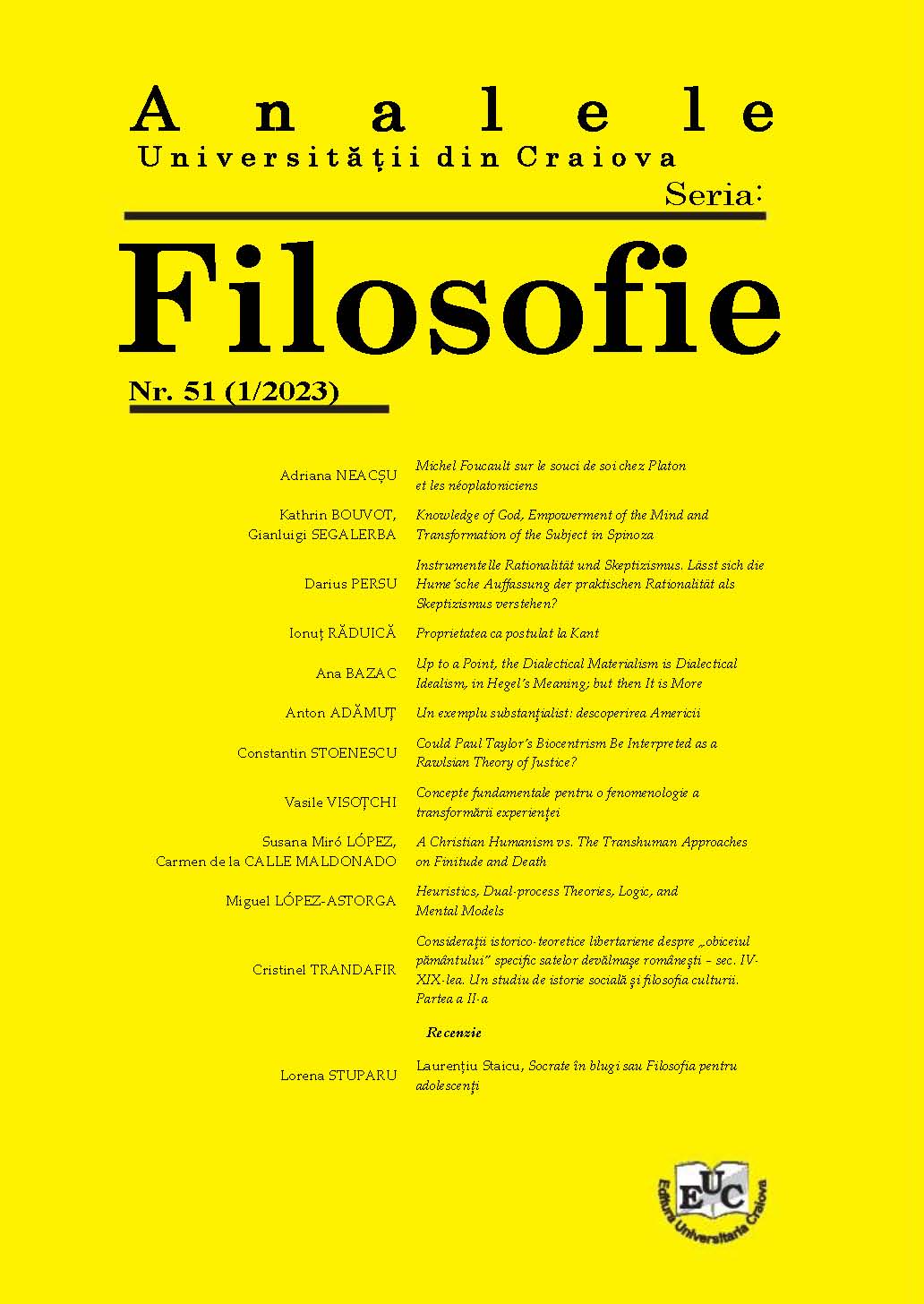
The paper investigates the common and different features of Hegel’s and Marx’s philosophy, thus not the historical and personal aspects of authors are important but the internal articulation of their philosophical methodologies. These features are both the dialectical approach of the knowledge of the world and, somehow deriving from the dialectical method, the understanding of objectivity. The beauty and limits of the dialectical pattern of Hegel is shown in his treatment of the finites. The analysis is rather a dialogue between the dialectical idealism and the dialectical materialism. The conclusion is not a synthesis seen dogmatically - as a final state, apotheosis of philosophy - but as an inherent development of thought, therefore even as its division into the never-completed dialectical materialist methodology and the eternally necessary convergence of philosophical interrogations and science.
More...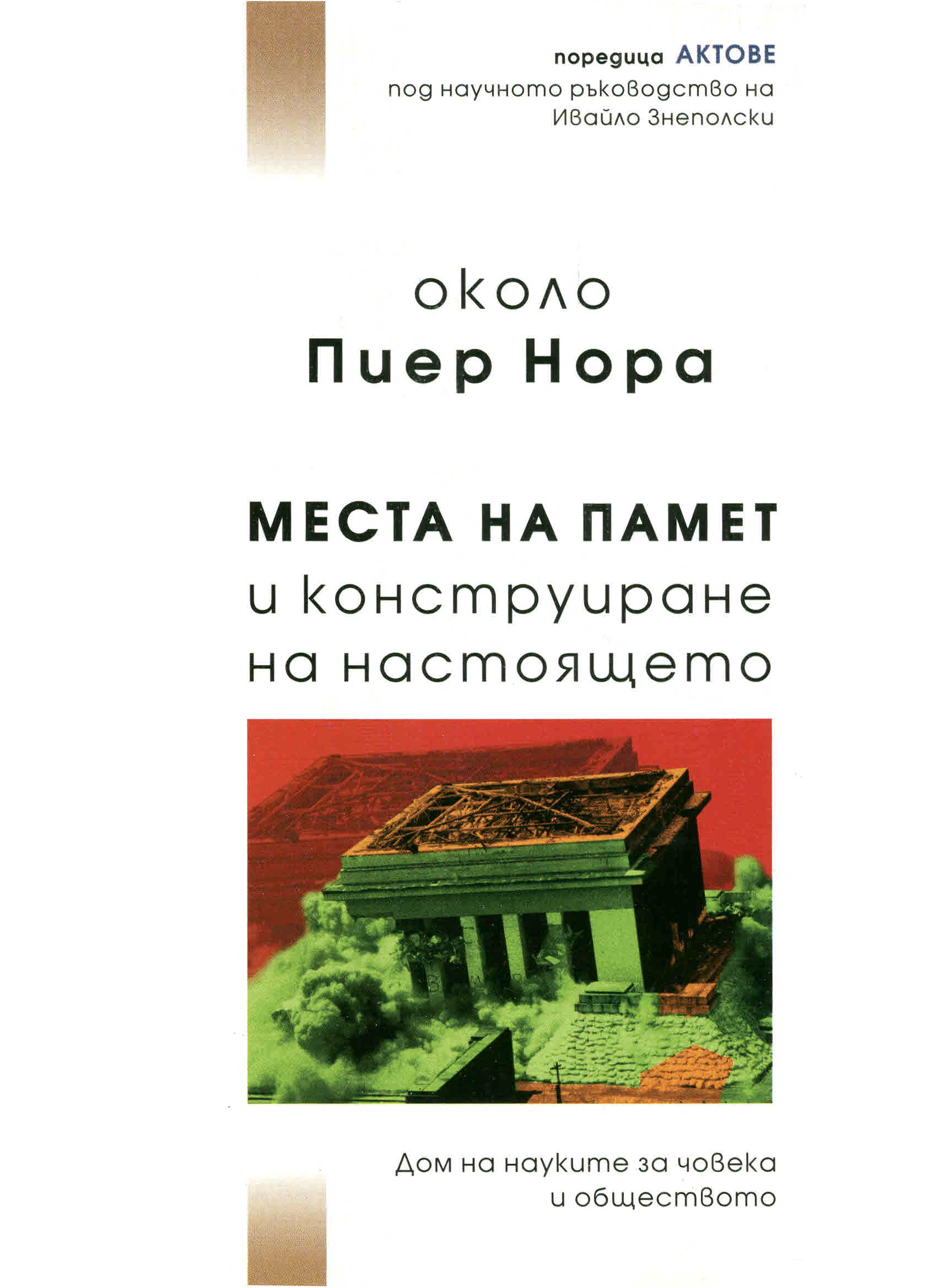
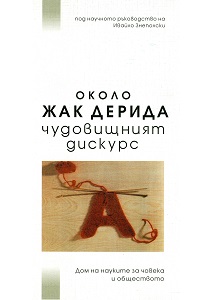
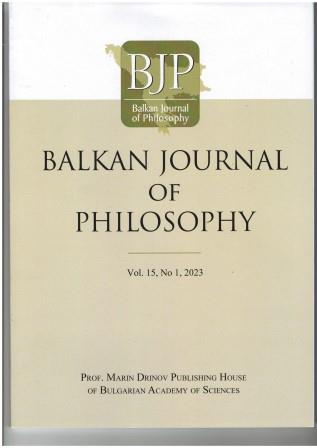
I contrast two construals of the thesis that truth is independent of verifiability in principle: a modal one and a non modal one. I argue in favor of the modal construal and then, on that basis, that independence holds across the board, i.e., even for statements that are verifiable by us relative to familiar, customary, non-skeptical standards.
More...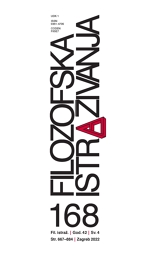
1. Lingvistika s povodom: Hrvatski jezik u digitalnom dobu, 2. Znanstveni simpozij »Pandemija, ekonomija i poslovna etika«, 3. Gostujuće predavanje Larsa Fredrika Händlera Svendsena o filozofiji laži, 4. 20. Lošinjski dani bioetike, 5. 17. Studentska biotička radionica, 6. Predstavljanje knjige Pobunjeni um. Eseji iz radikalne socijalne filozofije Ankice Čakardić, 7. Bioetika u kontekstu IX: Bioetika – biopravo – političke posljedice u svijetu nakon pandemije, 8. Humane Philosophy Project Study Week: “Naturalism and the Religious Worldview”, 9. 30. Dani Frane Petrića, simpozij »Svijet u filozofiji«, 10. 30. Dani Frane Petrića, simpozij »Hrvatska filozofija i kultura u interakciji i kontekstu«.
More...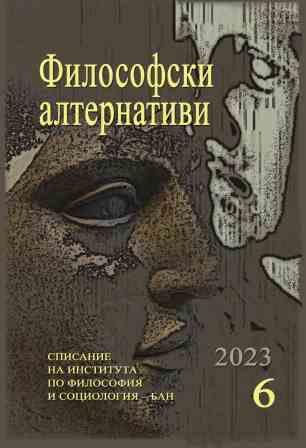
The article examines some philosophical and logical aspects that are present in the definitions of the concept of artificial intelligence (AI) and in the different views about its essence and goals. The main focus will be on the place of logic, including non-classical logics, in the context of the mentioned views. The question of the boundaries of AI will be also discussed and it will be proposed to be considered in several different contexts.
More...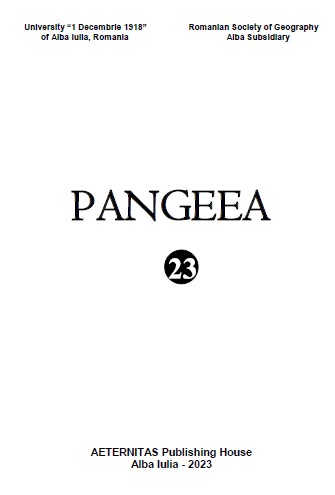
The Golden Age of Islam saw unprecedented advances across diverse fields led by eminent Muslim intellectuals and scientists. This paper examines the seminal contributions of thirteen prominent Muslim scholars from the 8th to 15th centuries CE who played pioneering roles in history, geography, mathematics, astronomy, optics, medicine, engineering, and other domains. Their groundbreaking work formed the foundations of modern disciplines while stimulating further growth of knowledge globally.
More...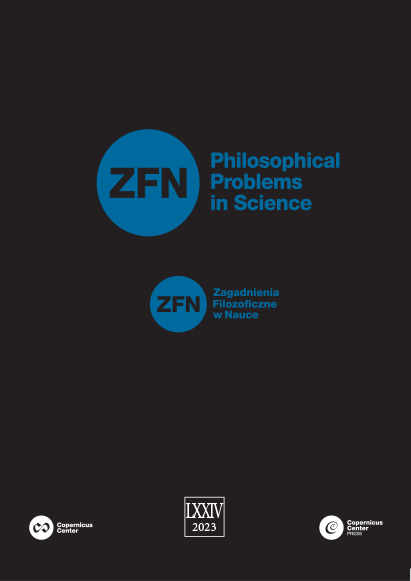
Book review: Alejandro Cassini & Juan Redmond (eds.), Models and Idealizations in Science: Artifactual and Fictional Approaches, Springer Iternational Publishing, Cham 2021, pp.xv+270.
More...
Book review: Mechanistic Explanations in Physics and Beyond, Brigitte Falkenburg and Gregor Schiemann, editors, European Studies in Philosophy of Science, Vol. 11, Springer International Publishing, Cham 2019, pp.220
More...
Book review: Kevin McCain, Understanding: How Science Explains the World. Cambridge University Press, Cambridge 2022, pp.xx + 122.
More...
The anti-psychiatrists in the 1960’s, specifically Thomas Szasz, have claimed that mental illness does not exist. This argument was based on a specific definition of physical disease that, Szasz argued, could not be applied to mental illness. Thus, by problematizing mental illness, the spotlight had turned to physical disease. Since then, philosophers of medicine have proposed definitions applying both to pathophysiological and psychopathological conditions. This paper analyzes prominent naturalist definitions which aim to provide value free accounts of pathological conditions, as well as normative accounts which propose value-laden accounts. The approaches surveyed differ not only in terms of value, but also in terms of their perspective. This perspective concerns whether the concept of health, illness or disease/disorder is emphasized. The emphasis on health or illness is holistic as it looks at the human being as a whole, while focus on disease or disorder is analytic as it considers part functions. I will here argue in favor of holism and will propose a definition of mental health based on Sartre’s existential psychoanalysis of Gustave Flaubert.
More...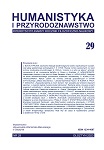
This paper concentrates on the visions of artificial intelligence depicted by two outstanding 20thcentury writers: Philip K. Dick and Stanisław Lem. Despite the world of differences dividing both writers concerning creative temperament, writing technique, ways of depicting the world, they both shared a common belief that the technology that will give the defining shift and shape over the 21st century will be artificial intelligence. In the context of substantially growing significance and the increasing multiplicity of artificial intelligence (AI) systems and algorithms focused on interfering with human life (weak AI, unaware of its existence), the visions of Philip K. Dick and Stanisław Lem not only score disturbingly well on topicality but also seem extremely interesting from the point of view of philosophy and ethics. Of course, the works of Lem and Dick do not claim any plausible form of scientific realism, even though both writers wrote their books – at least partially – based on the available scientific knowledge). Still, they offer very interesting perspectives. The anthropological and allegorical aspects in Lem and Dick are particularly noteworthy – artificial intelligences are shown as a kind of anthropological mirror that reflects (perhaps a slightly distorted) image of Homo sapiens. But maybe it is the other way around? Maybe it is human beings who are the mirror that reflects artificial intelligence – the mirror that duplicates and multiplies human shortcomings and virtues.
More...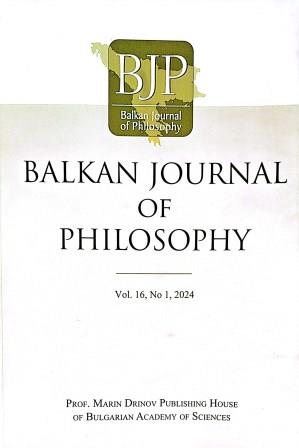
Book Review: Boris D. Grozdanoff, Zdravko Popov and Silviya Serafimova (eds.), Rationality and Ethics in Artificial Intelligence. Cambridge Scholars Publishing. 2023, 221 p. ISBN: 978-1-5275-9441-8
More...